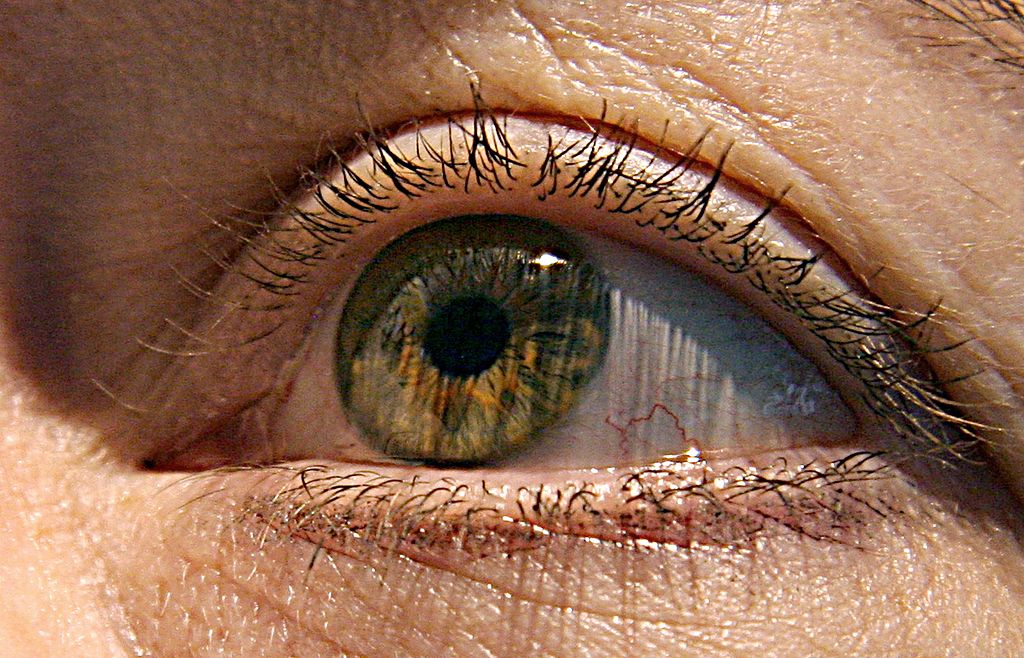
Last week, Johnson & Johnson Vision Care received FDA approval for its drug-eluting contact lens, which loads its Acuvue contact lens with the antihistamine Ketotifen to treat allergic eye itch in contact wearers. The Jacksonville, Florida-based division, a branch of Johnson & Johnson Medical Device Companies, created this disposable contact lens that delivers medication for ocular itch while also correcting for vision called Acuvue Theravision with Ketotifen.
About 40 percent of contact lens wearers report suffering from allergy-induced itchy eyes, according to the news release. The newly approved lenses can relieve itchy eyes in under 3 minutes and can treat itchy eyes up to 12 hours, though the lenses themselves can be worn longer to correct vision. This FDA approval comes on the heels of Phase 3 trial results published in Cornea validating the lens’ efficacy. The company claimed that Acuvue Theravision with Ketotifen is a new category of contact lenses altogether in that it combines both vision correction ng and active drug therapy for allergy relief.
So far the standard of care for those with itchy eyes due to seasonal and perennial allergens was eye drops. However, more than half of people who used eye drops commonly complained that the eye drops did not work well, claimed Brian Pall, director of clinical science at Johnson & Johnson Vision Care, in an email interview. Itchy eyes additionally impact contact lens wearers who may resort to wearing glasses if they cannot get the needed relief from eye allergies.
“Acuvue Theravision with Ketotifen is the world’s first and only drug-eluting contact lens for the relief of itchy allergy eyes due to common seasonal allergens such as tree or grass pollen, and other perennial allergens like pet dander or household dust,” Pall said. “Companies have spent 60 years trying to develop medication-releasing contact lenses. The idea of drug releasing contact lenses was recorded in some of the original soft contact lens patents from the early 1960’s. Since that time, hundreds of manuscripts have been published from academic and independent researchers that document their attempts to incorporate medications into contact lenses. Until now, no one has been able to successfully develop and commercialize a drug-eluting contact lens.”
The drug-led combination product will be available via doctor prescription. The company declined to comment on the price of the product in the U.S. market as of yet. [pall declined to
“Johnson & Johnson Vision Care scientists worked for over a decade to find the right combination of medication and lens material, infuse the medication without compromising vision and to achieve a combination that is safe and clinically proven efficacious,” Pall added. “This FDA approval marks another significant milestone in Johnson & Johnson Vision’s legacy of rethinking what’s possible with contact lenses and bringing forward innovations to better meet the visual and eye health needs of people around the world.”

A Deep-dive Into Specialty Pharma
A specialty drug is a class of prescription medications used to treat complex, chronic or rare medical conditions. Although this classification was originally intended to define the treatment of rare, also termed “orphan” diseases, affecting fewer than 200,000 people in the US, more recently, specialty drugs have emerged as the cornerstone of treatment for chronic and complex diseases such as cancer, autoimmune conditions, diabetes, hepatitis C, and HIV/AIDS.
Photo: Karen Bleier/AFP via Getty Images












